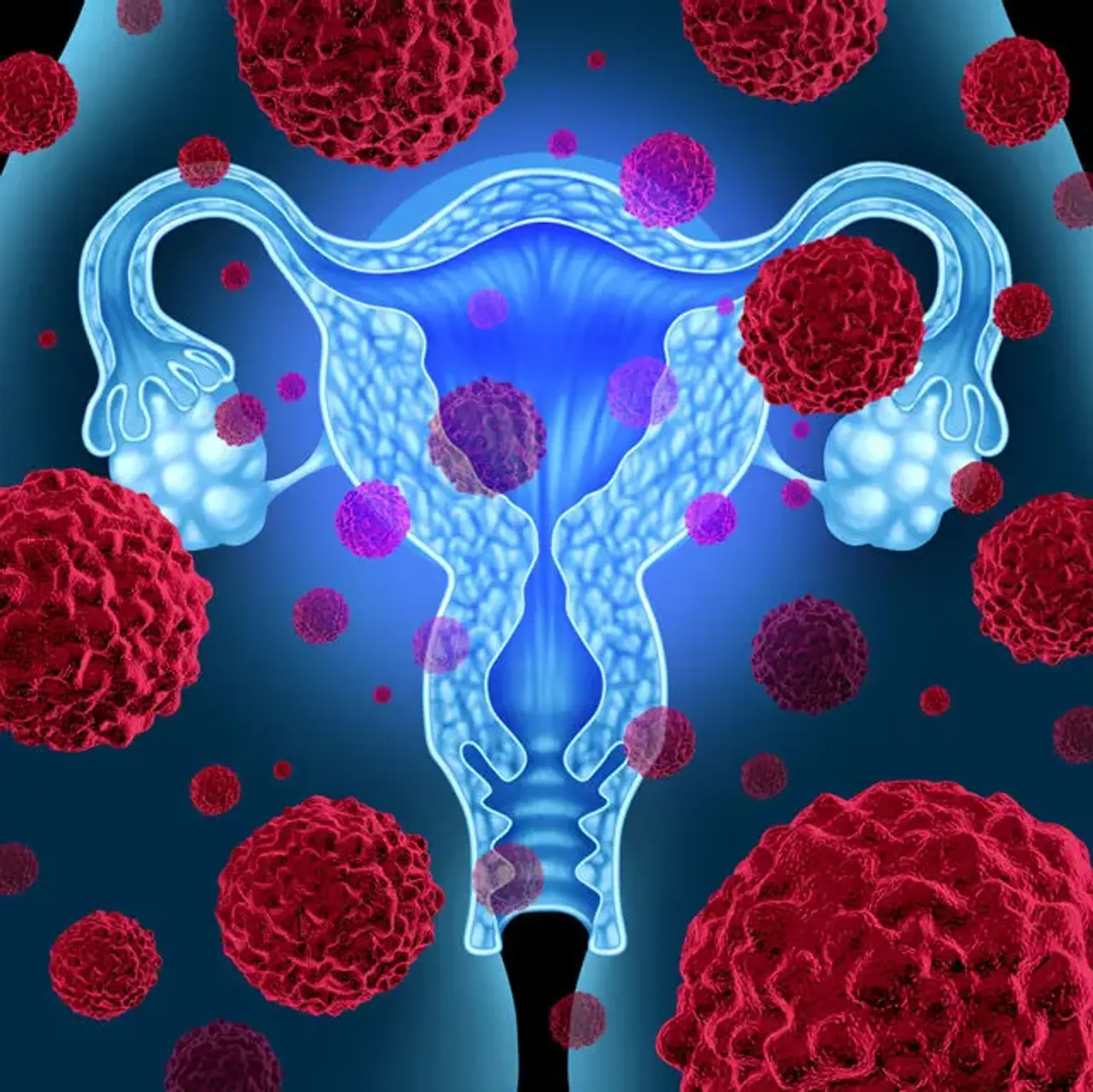Gynecologic Malignancy
Cancer is one of the most chronic health conditions whereby the cells in the body grow and divide uncontrollably. Therefore, gynecologic malignancyrefers to a group of various cancers that affect the female reproductive system.
In general, every woman is at risk of acquiring gynecological malignancy, which can develop in various reproductive parts. Furthermore, there are several types of gynecology cancer. It includes ovarian cancer, endometrial or uterine cancer, and cervical cancer. Other less common types of gynecologic cancers are vaginal cancer, vulvar cancer, fallopian tube cancer, and gestational trophoblastic condition.
